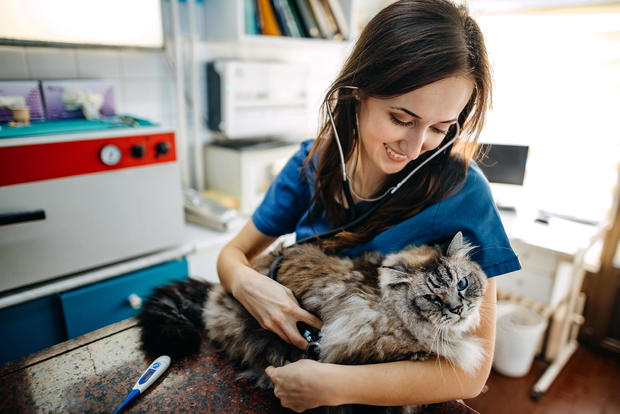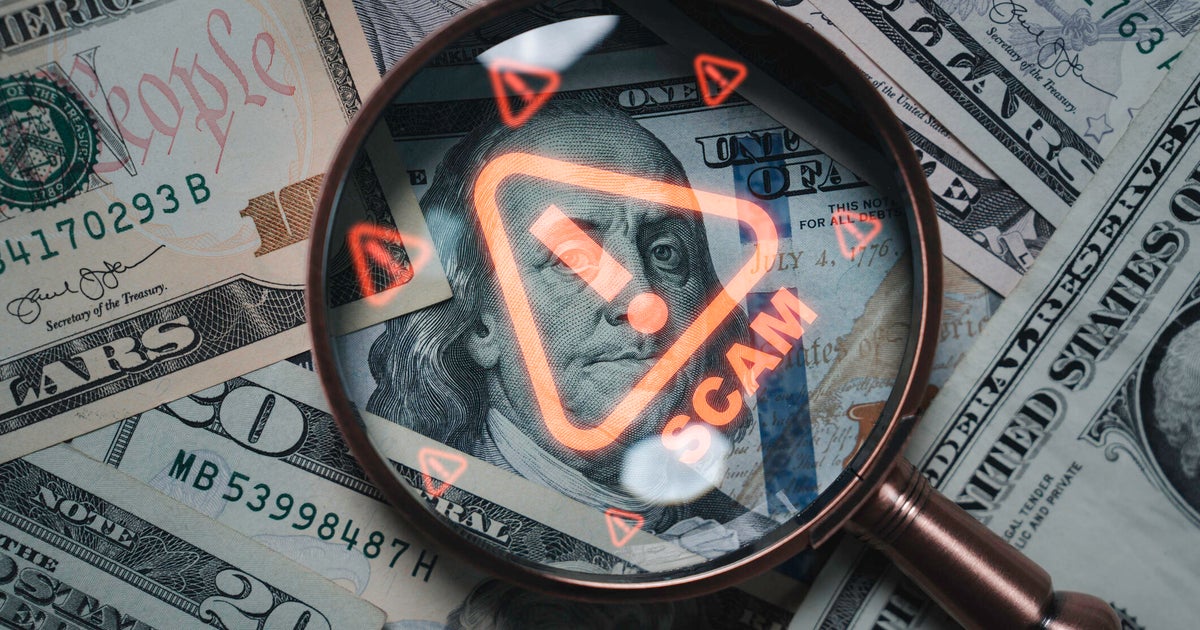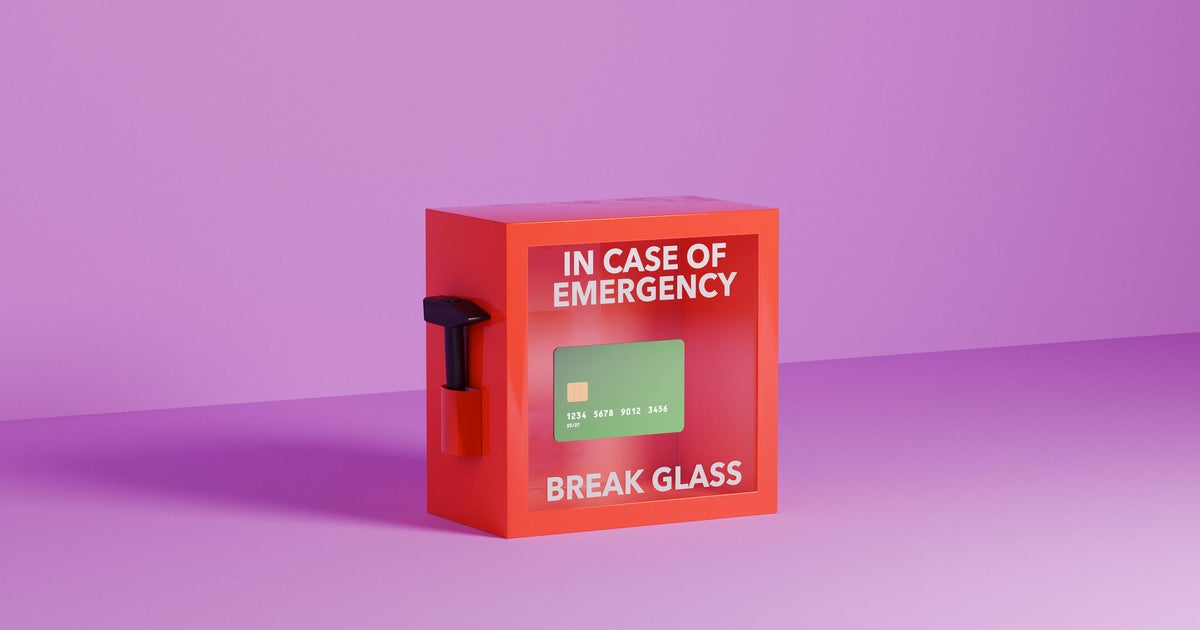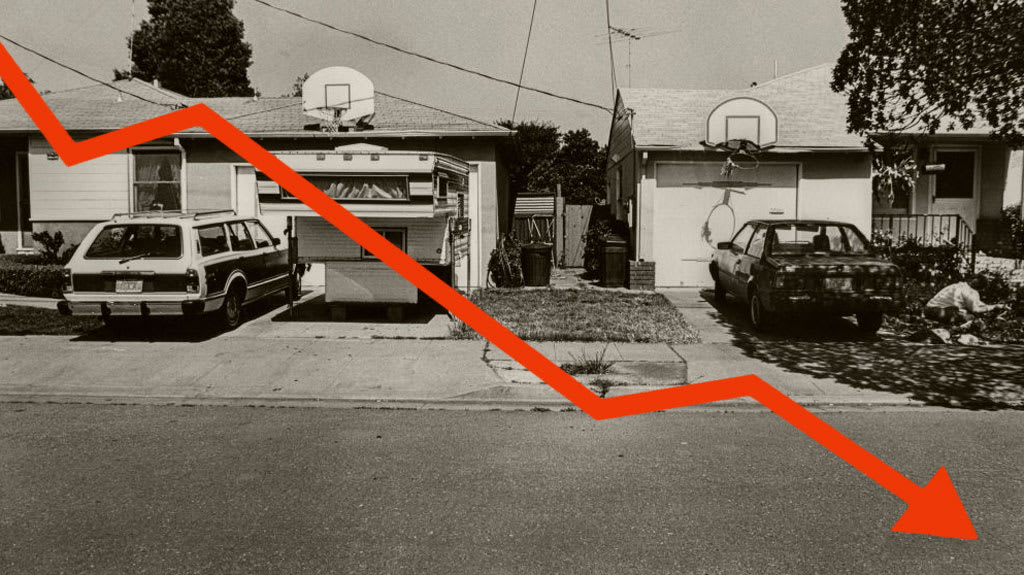Pet insurance for cats: What to know
Owning a cat can be rewarding for pet owners, but it can also be stressful (and expensive). If your pet gets sick or has other health issues, you might worry about paying for care.
With pet insurance, however, you can get reimbursed for many types of vet bills and related costs. Not only can that potentially save you money in the long run, but you also might be able to avoid difficult situations where you have to weigh costs against care.
If you're in the market for pet insurance then get started by getting a free price quote now.
Pet insurance for cats: What to know
Understand that not all cat insurance is the same. There are many factors to consider before buying pet insurance for cats, and it's good to be well-informed before purchasing. Here are five things to understand:
Pet insurance for cats is typically cheaper than for dogs
You might not realize that cat insurance often costs much less than it does for dogs, so it might be more affordable than you assumed. In the U.S. accident & illness pet insurance for cats cost $342.84 per year vs. $583.91 for dogs, according to the North American Pet Health Insurance Association (NAPHIA).
That's because medical care for cats tends to be less expensive than it is for dogs.
"In general, there are fewer medical needs for cats than there are for dogs. For instance, there are fewer vaccines and general preventatives needed for cats," says Dr. Cherice Roth, Chief Veterinary Officer at Fuzzy, a telemedicine provider for pets.
Not all pet insurance covers preventative care, but some plans have this option as an add-on. Either way, this exemplifies how cats are often less expensive to care for.
You can get a free pet insurance quote in 30 seconds here now.
Some cat breeds are more expensive to insure
Similar to dogs, some purebred cats are more susceptible to certain health conditions, which makes them more expensive to insure than others.
Dr. Roth points to cat breeds such as Persians and Maine Coons as generally being more expensive to insure.
Another expensive breed can be the Bengal cat. As Purely Pet Insurance notes, these cats "can often be found jumping into aquariums, playing with switches, hanging from light fittings and performing other crazy antics."
Some cat breeds are cheaper to insure
Typically, a domestic shorthaired cat is "going to be the most cost-effective" to insure, says Dr. Roth. Also known as a moggy or moggie in the UK, these are mixed-breed cats, which can help make them less susceptible to hereditary health issues often found in pedigrees.
Hybrid breeds that tend to be generally healthy, such as Bombay cats, also could be less expensive to insure.
There are reliable ways to find the right pet insurance for your cat
The first key to finding the right pet insurance for your cat is to shop around. Pet insurance providers can vary in terms of both cost and coverage, so it's good to see what your options are.
"Lots are going to cover things like telemedicine visits, wellness plans and training, while others do not," says Dr. Roth.
You'll likely want to get specific quotes to understand the pet insurance cost for your own cat, as that might differ from the average.
"Compare the age, breed and medical history for each pet. You'll have to fill out a very similar form a few times but it allows for you to be able to compare your pet's actual policy cost instead of an estimate," notes Dr. Roth.
If you can insure your pet when it's a kitten or at least as young as possible, that can also be financially advantageous.
"The younger a pet is, the lower priced the policy will be," says Dr. Roth.
Lastly, don't be afraid to ask the pet insurance policy provider questions or go over plans with your vet to choose the one that makes the most sense for your situation.
You can start checking prices with pet insurer Lemonade here now or use the table below to compare some top providers.
Pet insurance vs. paying on your own
In some cases, like with older pets, you might be better off building your own financial plan to pay for care, rather than going with pet insurance. And keep in mind that you might decide to forgo care later in your cat's life based on their comfort, rather than cost.
"Once a pet hits a certain level of health, you'll want to start to consider the quality of their life instead of the quantity," says Dr. Roth. Still, it's good to have options, rather than feeling like you have to make gut-wrenching decisions, like racking up debt or skipping treatments, particularly later in your pet's life.
"Having financial flexibility established helps to make the hardest choice of when to say goodbye an easier, but still heartbreaking, decision," adds Dr. Roth. In many cases, having pet insurance at least removes the financial worry from the equation. And it can be a lifesaver in some cases.
Many cats "either survived and thrived after an emergency, or had an excellent quality of life while we managed a chronic illness. All these lives would've been cut short without this resource" of insurance, says Dr. Kelly Diehl, Senior Scientific Programs and Communications Adviser at Morris Animal Foundation.
So, you may decide that getting pet insurance for your cat is worth it for your peace of mind and the ability to give your cat the care it needs, let alone the potential financial savings it can provide.
Not sure what it would cost to insure your cat? Answer a few brief questions and get a free online price quote here now.




